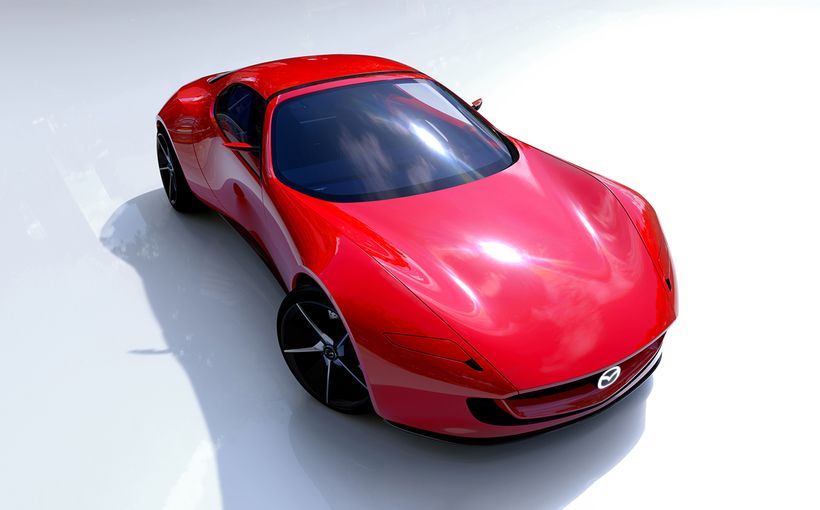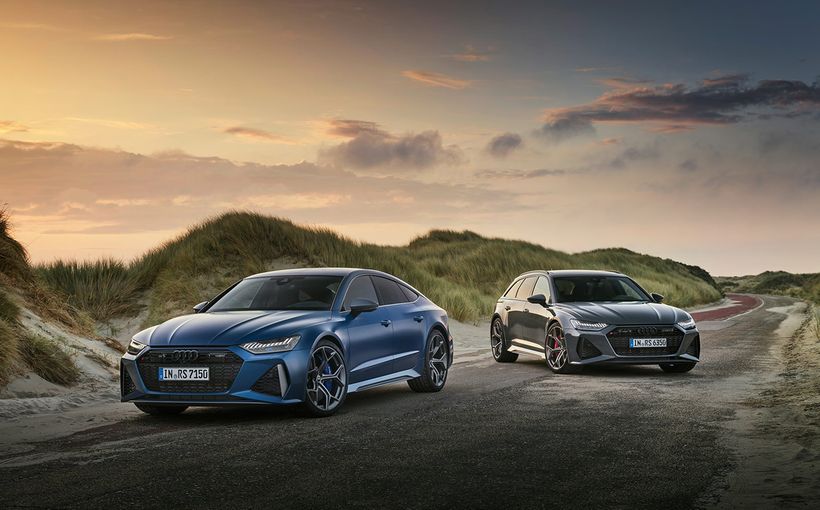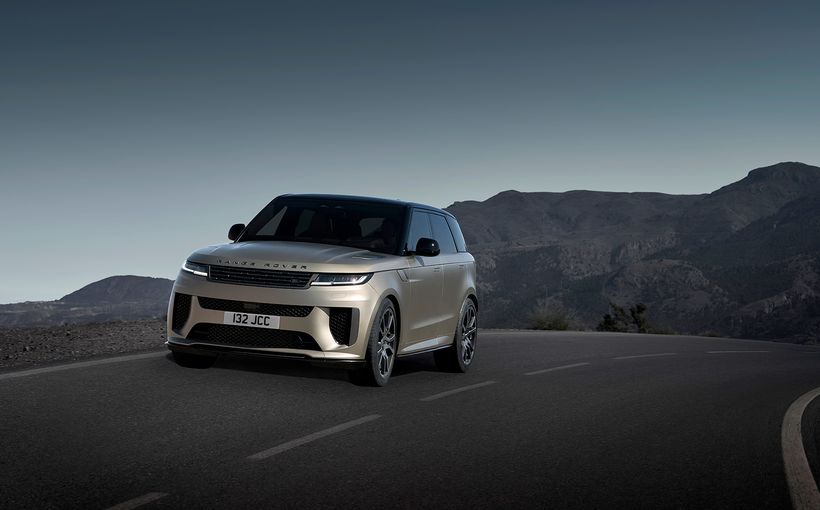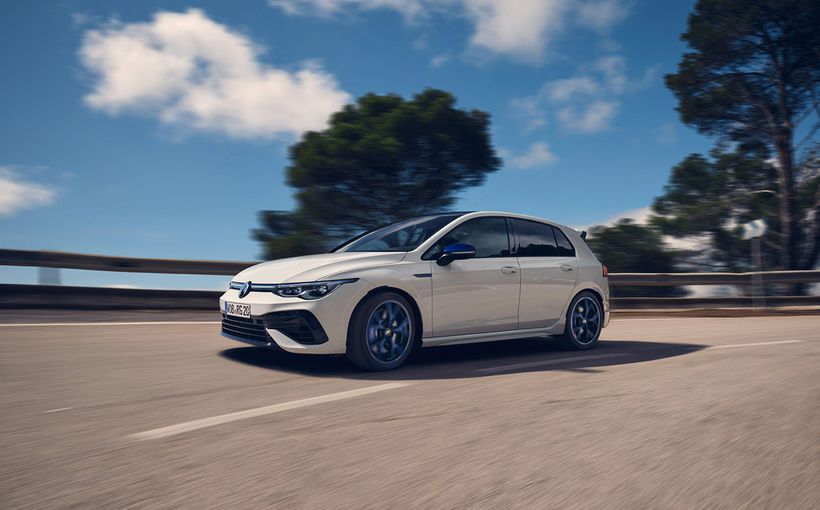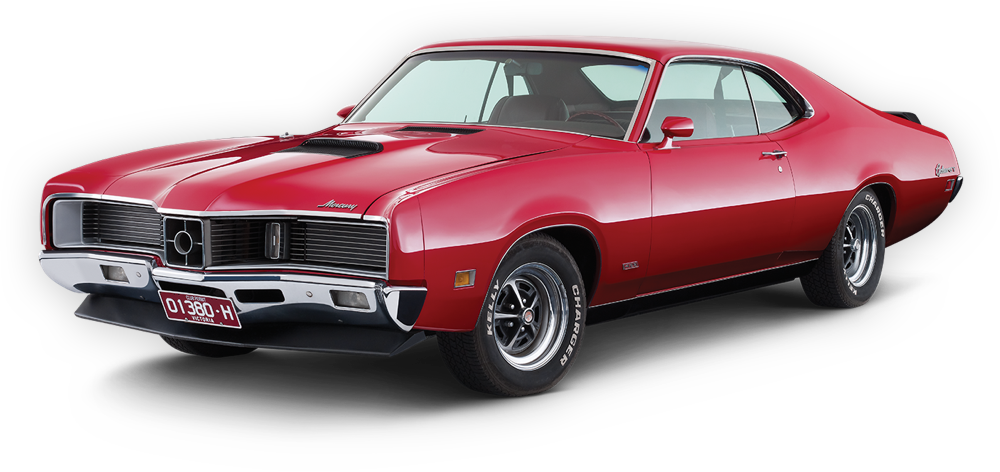Aston Martin takes point with its new Vantage
DEPENDING on where you sit, Aston Martin either produces stunningly beautiful sportscars and grand tourers, or it has rested on the laurels of the genuinely gorgeous DB5 and simply coasted as a car-maker for the last decade or two.
There really is no right answer here either – the British-based manufacturer is actually both things at once. While recent cars have included the achingly beautiful DBS and over-the-top One-77, the technologies and underpinnings of its vehicles are really starting to show their age.
Therefore, Aston Martin’s next-generation Vantage is an important next step for the brand, building upon on the same architecture as its DB11 sibling and sporting fresh looks with a blistering force-fed V8 engine.

Let’s start with the way it looks. A big leap forward from the outgoing vehicle that dates back to 2005, the new Vantage wears classic sportscar proportions thanks to its long bonnet, sloping roofline, centrally positioned cabin and short overhangs.
Slim headlights, a yawning air intake and jutting splitter characterise the front fascia, while the clamshell-style bonnet pops open to reveal the transplanted German heart (we’ll get to this one in a bit).
The front fenders also sport functional air vents to help evacuate turbulent air from the wheelarches and, in profile, the new Vantage wears deeply scalloped doors that flare outward towards the rear for a squat and purposeful stance.

From the rear, sleek tail-lights hug the rear haunches and taper upwards and inwards towards the bootlid and a heavily-styled bumper with integrated diffuser and exhaust pipes signal the new Vantage’s sporting intentions.
Inside, the cabin is swathed in premium leather including on the sports bucket seats and centre console, while the centre stack is characterised by gear select buttons, climate controls, vehicle settings and a large Mercedes Comand infotainment screen.
Drivers wrap their hands around a chunky steering wheel, which moves independently of the paddle shifters, and sits in front of a heavily-cowed instrument panel to keep eyes on the all-important speed and tachometer read outs.

As a pure sportscar, the Vantage is equipped with only two doors and two seats – at least owners won’t be asked to be the designated driver on evenings out and about – but can it back up its aggressive styling with potent performance?
Under the bulging bonnet sits a twin-turbo 4.0-litre V8 that may be familiar to keen-eyed car-spotters as it is the same unit powering a bevy of Mercedes-AMG models including the C63 S, GLC63 S, E63 and flagship GT two-seater.
While the powerplant can develop as much as 430kW/700Nm as seen in the hardcore GT R, shoehorned into the new Vantage it will produce peak 375kW of power at 6000rpm and maximum 685Nm of torque from 2000-5000rpm, enabling the 1530kg coupe to match the Mercedes in the 0-100km/h sprint at 3.6 seconds.
While the powerplant can develop as much as 430kW/700Nm as seen in the hardcore GT R, shoehorned into the new Vantage it will produce peak 375kW of power at 6000rpm and maximum 685Nm of torque from 2000-5000rpm, enabling the 1530kg coupe to match the Mercedes in the 0-100km/h sprint at 3.6 seconds.

Fed through a ZF-sourced eight-speed automatic transmission to the rear wheels, the perfect 50:50 weight distribution in the Vantage should also make it just as compelling around the bends as it is in a straight line.
Fuel economy clocks in at 10.5 litres per 100km and CO2 emissions at 245 grams per kilometre, slightly higher than the figures posted by the Mercedes-AMG GT R.
Suspension is handled by a double-wishbone set-up up front and multi-link system in the rear, with all four corners sporting adaptive damping and dynamic torque vectoring while an electronically controlled rear differential is also on offer.

To shed speed, Aston Martin has equipped its new Vantage with 400mm ventilated discs and six-pot callipers in the front and 360mm discs in the rear with four-piston grabbers, both tucked behind 20-inch wheels shod in 255/40 (front) and 295/35 (rear) tyres.
As expected of a premium sportscar, standard equipment will include dual-zone climate control, keyless start, satellite navigation, digital radio and Bluetooth with pricing expected to kick off around $300,000 before on-road costs.
Viewed side-by-side against its V8 predecessor, the new Vantage represents a huge step-up in performance and capability.

Powered by a 4.7-litre naturally aspirated V8 engine in its most potent S form, the previous-generation Vantage could produce as much as 321kW and 490Nm for a 0-100km/h sprint time of 4.5s in automatic guise.
A Roadster version was also made available for buyers wanting to enjoy open-air touring, while a top-spec V12 version was also on offer with a 421kW/620Nm 5.9-litre V12.
However, arguably the most recognisable Aston Martin in history is the DB5 grand tourer produced from 1963 to 1965.

Famously driven by movie superspy James Bond in the 1964 motion picture Goldfinger, the DB5 was powered by a 4.0-litre inline six that produced 210kW of power and 390Nm of torque for a 0-100km/h time of 8.0s.
It wasn’t the performance that turned the DB5 into an unmistakable classic though, it was its jaw-droppingly beautiful sheet metal that entered the DB5 into the annals of pop culture consciousness and cemented its place as one of the most recognisable and desirable cars on the planet.
Will the new Vantage land with the same cultural impact as some other Aston Martins of the past? We won’t have long to wait to find out as first deliveries are expected to kick-off from July 2018.
Protect your Aston Martin. Call Shannons Insurance on 13 46 46 to get a quote today




